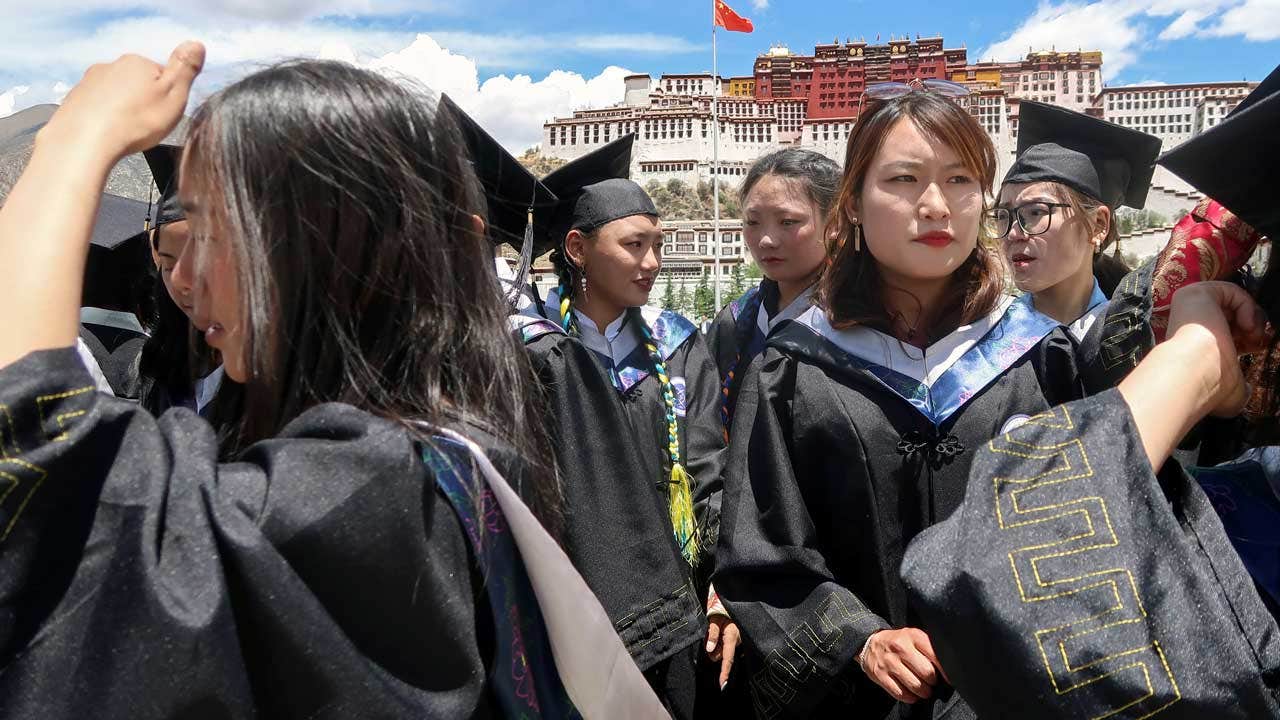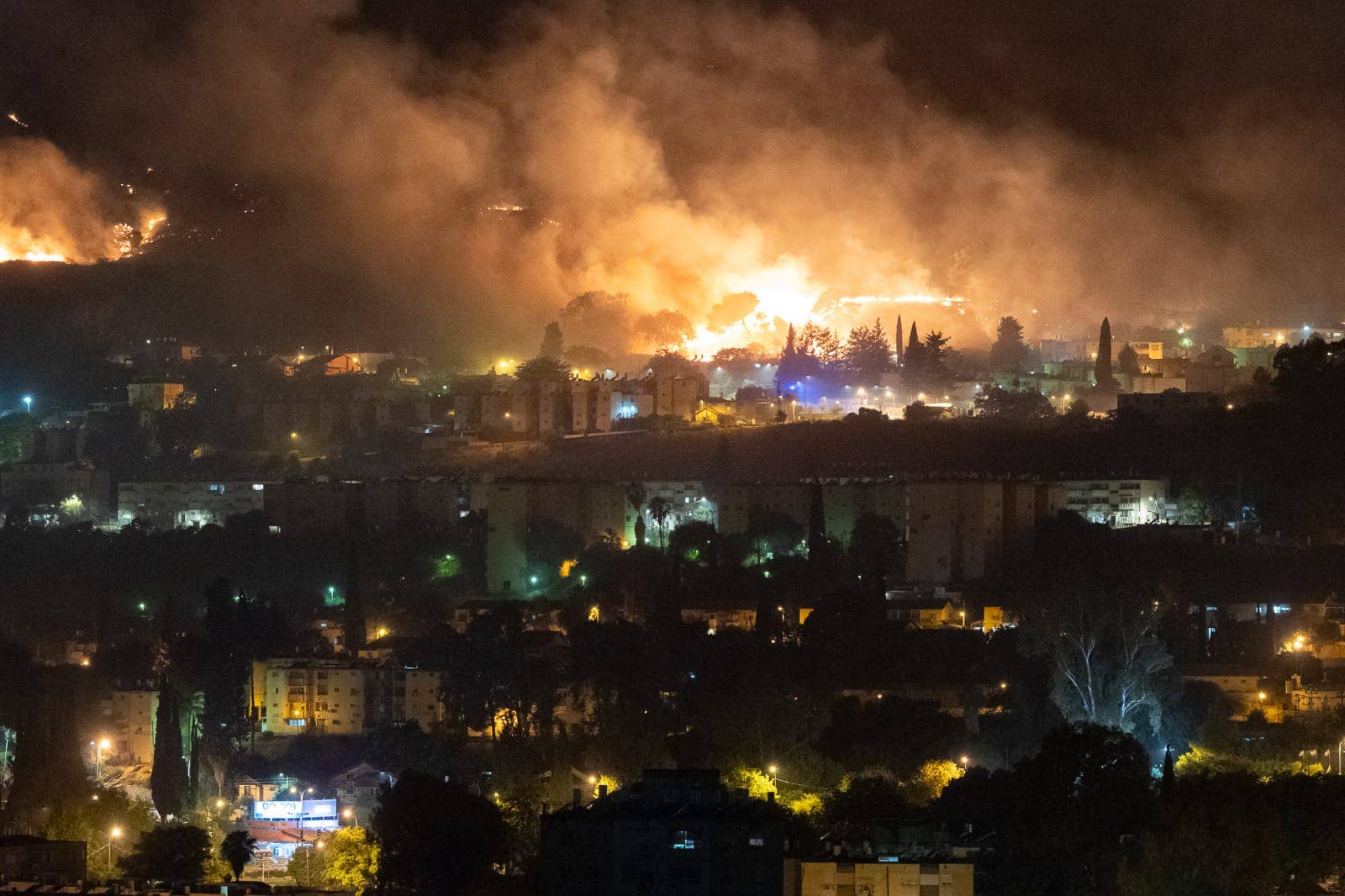The United States blocked the U.N. Security Council on Thursday from moving forward on a Palestinian bid to be recognized as a full member state at the United Nations, quashing an effort by Palestinian allies to get the world body to back the effort.
The Palestinian envoy to the United Nations, Riyad Mansour, had described the bid for full-member status as an effort “to take our rightful place among the community of nations.”
But Israel’s ambassador to the United Nations, Gilad Erdan, on Thursday denounced the resolution that went before the Security Council as a “prize for terror.” He added: “The U.N. is no longer about multilateralism, sadly. It is now committed to multiterrorism.”
The vote was 12 in favor of the resolution and one — the United States — opposed, with two abstentions.
The Security Council has consistently called for a two-state solution to the Palestinian-Israeli conflict, a result that has failed to materialize during negotiations between the two sides. In Washington, a spokesman for the State Department, Vedant Patel, said the statehood resolution was dead on arrival.
“It remains the U.S. view that the most expeditious path toward statehood for the Palestinian people is through direct negotiations between Israel and the Palestinian Authority with the support of the United States and other partners,” Mr. Patel told reporters at a news briefing on Thursday.
The United States, along with the four other permanent members of the Council, can veto any action before it. On Thursday afternoon, during a high-profile Council meeting to address issues in the Middle East, including the Palestinian bid for statehood, the United States, a staunch ally of Israel’s, wielded that veto.
The resolution had asked the 15-member Security Council to recommend to the 193-member U.N. General Assembly that “the State of Palestine be admitted to membership of the United Nations,” diplomats say. To pass, the application needed to be approved by the Security Council with at least nine votes in favor and no vetoes by the United States, Britain, France, Russia or China. Then, at least two-thirds of the General Assembly would have had to approved it.
Israel was admitted as a full U.N. member in 1949. The Palestinian Authority has been seeking a state made up of the West Bank, East Jerusalem and the Gaza Strip for decades; those territories have all been captured or annexed by Israel. The Arab League founded the Palestine Liberation Organization in 1964 with a charter stressing self-determination for Palestinians and the rejection of the creation of the State of Israel.
Little progress has been made on achieving statehood since Israel and the Palestinian Authority signed the Oslo Accords in the early 1990s, which established a peace process aimed at a two-state solution. In 2007, the militant group Hamas drove the Palestinian Authority, which President Mahmoud Abbas leads and which exercises limited self-rule in the occupied West Bank, from power in the Gaza Strip.
Complicating the Palestinian application for statehood is the war that began when Hamas led terrorist attacks on Israel that killed about 1,200 people and prompted Israel’s retaliatory attacks in Gaza, killing more than 33,000 Palestinians, most of them civilians, and displacing more than one million people. The conflict has spilled into the occupied West Bank and neighboring countries like Lebanon and has drawn Iran into the fray.






